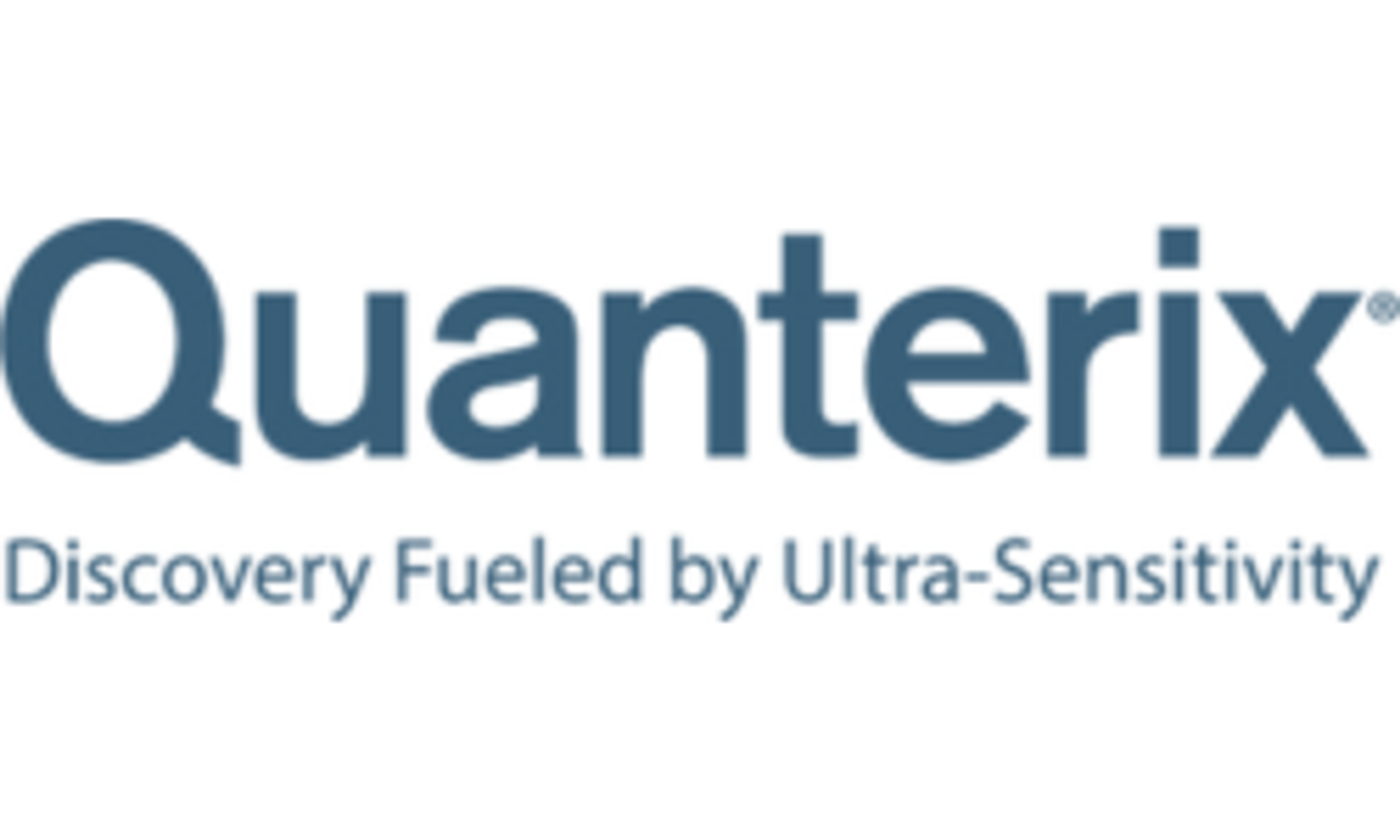
Breaking Barriers in Disease Diagnosis: Expanding Access to Early Detection with Advanced Immunoassays
Join Dr. Laia Montoliu-Gaya, Assistant Professor from the University of Gothenburg, as she discusses recent advancements in Simoa® assays, designed to aid Alzheimer’s disease diagnosis and staging and expand access to broader populations.
Gain insight into the current state of the field, with a focus on Simoa assay development and application, as well as the technical innovations and strategic approaches scientists are using to drive progress.
Key learning objectives
- Explore the recent developments in Simoa immunoassays
- Learn about innovative applications and sample collection systems
- Explore the application of both established and new Simoa biomarkers in Alzheimer’s disease
- Learn more about expanding access to blood biomarkers for broader populations
Who should attend?
- Neurology department heads and clinical directors
- Research directors and principal investigators
- Laboratory managers and diagnostics supervisors
- Biotech and pharma R&D executives
- Product development managers in medical diagnostics
- Senior researchers in neurodegenerative disease
- Clinical trial managers and coordinators
- University research department: researchers, leads, chairs, and program directors
Certificate of attendance
All webinar participants can request a certificate of attendance, including a learning outcomes summary, for continuing education purposes.
Speakers
Dr. Laia Montoliu-Gaya, Assistant Professor at the University of Gothenburg, Sweden, is the inventor of a unique mass spectrometry method to detect tau species in blood for the diagnosis of Alzheimer’s disease. In addition, she is a co-inventor of a digital immunoassay for the quantification of p-tau205 in human biofluid and has also performed extensive work in diagnosing Alzheimer's disease in individuals with Down syndrome.
Moderator

